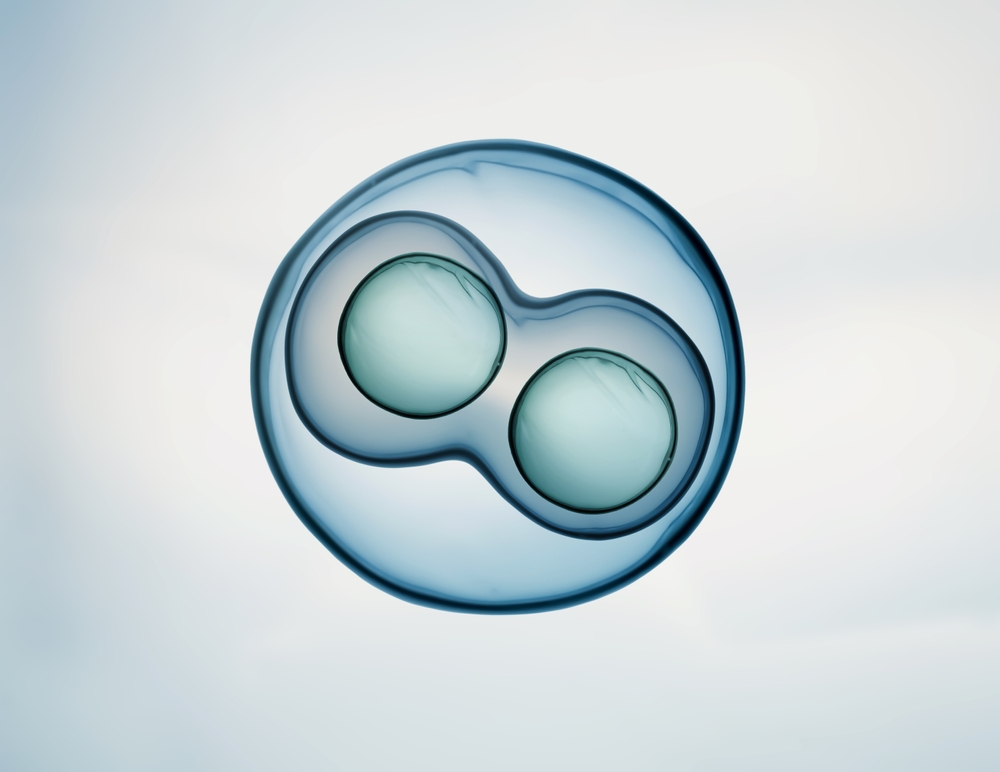Stem cell research has opened up a whole new potential in the world of regenerative medicine, but most today don’t truly have a clear grasp on stem cells as a concept, much less how this newfound treatment does have so much potential for the way we treat and manage conditions in the future.
What are stem cells, you may ask. How do they help? What makes them so special? One of the big misunderstandings when it comes to stem cell research is that embryos need to be destroyed for it to work, and this is completely untrue.
To help you learn more about the stem cells that are used today, it’s important to understand what are multipotent stem cells, a branch of stem cells that have nothing to do with embryos.
Stem Cells: An Overview
Before we can get into multipotent stem cells, it’s important to understand what stem cells are and why they matter. This is because stem cells differentiate into specialized cell types.
Totipotent Stem Cells
These are the ultimate master cells, otherwise known as embryonic cells. They are rarely used in stem cell treatments, but may be used in research. The reason why this type of cell is so important is because it can become absolutely any cell in the human body, as well as any embryo.
Pluripotent Stem Cells
These are the cells of an embryo, and they can become any of the cells in an adult body. To get these cells, scientists need to extract them from the blastocyst of an embryo, which is why these cells are also rarely ever used, except occasionally in research from donated IVF samples. Even when used in research, only donated fertilized eggs from IVF centers are used.
Multipotent Stem Cells
Multipotent stem cells are also known as progenitor cells. These progenitor cells can become other types of cells, but not all. Multipotent stem cells from bone marrow (known officially as hematopoietic stem cells), for example, can become other blood cells or platelets, but not cartilage. Now, multipotent stem cells are actually adult stem cells, which means they can be ethically used in research, drug discovery, and in treatment, as we do here at all of the locations we cover.
What are Multipotent Stem Cells, and Why Are They Important?
Multipotent stem cells are adult stem cells that we use to maintain tissue homeostasis all throughout our lives.
Types of Multipotent Stem Cell Sources
Adult cells are more set in their ways than embryonic ones, which means we need to source stem cells from different locations in order for the cells to do the work that they need. Now, you can technically use your own stem cells, but since the point of stem cell treatment is to relaunch your body’s recovery process and give it the tools needed to do just that, donated cells are preferred.
So, where do we get the cells needed for stem cell treatments? There are a few different options:
Blood and Bone Marrow
Blood, but more commonly bone marrow, is a common source of stem cells. This reason why is because using a bone marrow transplant to treat diseases like leukemia is actually FDA-approved, and can be covered by your insurance.
Fatty Tissue
Fatty tissue stem cells have the chance of becoming cartilage, bone, and even tendons. They are a very important source of stem cells when treating sports injuries and other soft-tissue related conditions and injuries.
Umbilical Cords
Now, you may think that stem cells sourced from umbilical cords are embryonic, but that’s not the case. They’re actually considered to be adult cells, and they can be safely and harmlessly harvested from donated umbilical cords. The reason why umbilical cords are so important is because the stem cells sourced both from their blood, and also the Wharton’s Jelly that surrounds them, has a very special type of stem cell. The reason these cells are critical is because they lack transcription factors.
What are transcription factors? They are a series of proteins that bind to specific DNA sequences. If those transcription factors are in place, there’s a higher chance a recipient’s body may reject the cells, and their immune system attacks them.
By choosing these juvenile cells, we can increase the chances that they’ll be accepted by their new host, and be able to get to work healing.
What are Stem Cell Injections Made From?
So, what are stem cell injections made from? Knowing where your stem cells are sourced, and the process that goes into extracting, screening, and then injecting them is a very important issue for anyone considering getting stem cell treatment for themselves.
Here at Bioxcellerator, we use stem cells sourced from the Wharton’s Jelly from donated umbilical cords. Of course, we don’t stop there. All umbilical cord donors are screened, yes, but we don’t want to just trust that the cells are good and call it a day. That’s why we screen cells after the fact, and only once we are sure they are free of any issues do we store them in cryo, until our patients need them.
As for how the treatment itself goes, well, it depends. For some, injection may be via an IV. In other cases, it may be with a needle. While most of the time you’ll be awake during treatment, you may be put under general anesthesia if it’s a slipped disc in your spine that you need help healing.
All this screening, storing, and then finally the treatment costs, and unfortunately treating any condition that isn’t a blood cancer or similar disease isn’t covered by insurance. This means you will need to pay the stem cell therapy cost out of pocket, or through a payment plan.
If you believe that stem cell treatment is right for you, however, and you are either out of options when it comes to managing or potentially healing your chronic pain issue, then stem cell treatment may just be what you’re looking for. For more specific information about how our multipotent stem cells can help you, book a consultation with our team.

